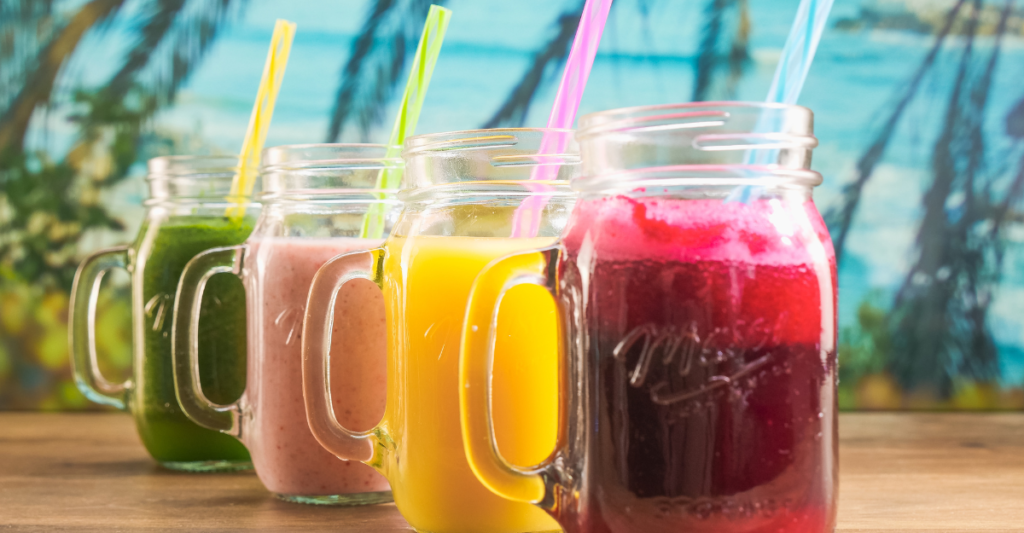Did you know that energy drink use among pregnant women has jumped by 5,000% in the last ten years? These drinks are becoming more common, raising concerns about their safety during pregnancy.
This article will look into the possible dangers and things to think about when drinking energy drinks while pregnant. It aims to help expectant mothers make smart choices for their health and their baby’s health.
Also explore: Why Coffee Makes me Sleepy Instead of Awake?
Energy drinks during pregnancy come with risks. A key ingredient, caffeine, can harm the growing baby. Too much caffeine intake during pregnancy is bad for the fetus.
Caffeine and Pregnancy: Potential Impacts
Too much caffeine intake during pregnancy can lead to miscarriage, low birth weight, and delays in development. Experts say to limit caffeine to about 200 milligrams a day, like two cups of coffee. Going over this can harm the baby’s health.
Also explore that Why Doesn’t Caffeine Work on Me?
Artificial Sweeteners and Fetal Development
Energy drinks also have artificial sweeteners, which worry experts. These sweeteners might affect the baby’s growth. Pregnant women should talk to their doctors about artificial sweetener intake during pregnancy.
| Ingredient | Potential Risks | Recommended Limit |
|---|---|---|
| Caffeine | Increased risk of miscarriage, low birth weight, developmental delays | 200 mg per day |
| Artificial Sweeteners | Potential negative effects on fetal development (inconclusive) | Consult healthcare provider |
Is It Safe To Drink Energy Drinks During Pregnancy?
There’s ongoing debate about whether it’s safe to drink energy drinks when you’re pregnant. Some doctors say to avoid them, while others think a little is okay. This section will look at the risks and what experts say. It will also suggest safer ways for pregnant women to get energy.
Energy drinks have a lot of caffeine and other stimulants like taurine and guarana. Too much caffeine can harm the baby, leading to miscarriage, low birth weight, or early birth. We don’t know much about how these other ingredients affect the baby yet.
Dr. Emma Thompson, an obstetrician at Mount Sinai Hospital, says pregnant women should not have more than 200 milligrams of caffeine a day. That’s about two cups of coffee. “It’s best to avoid energy drinks and choose safer options like water, herbal tea, or fruit drinks,” she suggests.
Also explore: Red Bull vs Coffee (Which one is Best)
Caffeine and Pregnancy: How Much is Too Much?
When you’re expecting, it’s natural to worry about what you’re putting into your body, and caffeine is often a big concern. During pregnancy, it’s recommended to limit your caffeine intake to no more than 200 milligrams per day, which is about one 12-ounce cup of coffee.
Excessive caffeine can cross the placenta and affect your baby’s developing heart and nervous system. High intake has been linked to an increased risk of miscarriage, preterm birth, and low birth weight. It’s essential to monitor your caffeine consumption from all sources, including coffee, tea, chocolate, and certain medications.
The Impact of Artificial Sweeteners on Fetal Development
Artificial sweeteners are another ingredient to watch out for, especially in energy drinks. Some studies suggest that certain artificial sweeteners like saccharin and aspartame could potentially affect fetal development. For example, saccharin has been shown to cross the placenta and may accumulate in fetal tissues, though more research is needed to fully understand the risks.
While the FDA has approved the use of many artificial sweeteners during pregnancy, it’s always better to err on the side of caution. Consuming them in moderation or opting for natural sweeteners like honey or maple syrup may be a safer choice.
Also explore: Why do Energy Drinks make me tired instead of Energized
Expert Opinions: Should Pregnant Women Avoid Energy Drinks?
Most healthcare professionals strongly advise against consuming energy drinks during pregnancy. Dr. Felicia Stoler, a registered dietitian, notes that energy drinks often contain high levels of caffeine and other stimulants, which can pose risks to both the mother and the baby.
Additionally, Dr. Jennifer Ashton, an OB-GYN, points out that the combination of caffeine, sugar, and artificial ingredients in energy drinks can lead to unwanted effects like increased heart rate and high blood pressure, both of which are concerning during pregnancy. The consensus among experts is clear: it’s best to avoid energy drinks while you’re pregnant.
Safer Alternatives to Energy Drinks for Pregnant Women
If you’re looking for a safe way to boost your energy during pregnancy, there are plenty of alternatives to energy drinks. Herbal teas like ginger or peppermint can provide a gentle pick-me-up without the risks associated with caffeine and artificial sweeteners.
Fresh fruit juices, particularly those rich in vitamin C, can also help improve your energy levels naturally. Staying hydrated by drinking plenty of water is crucial too, as dehydration can often lead to fatigue. For a more substantial energy boost, consider small, frequent meals that include protein and complex carbohydrates.
Conclusion:
As an expectant mother, your health and your baby’s well-being should always come first. By understanding the potential risks associated with caffeine and artificial sweeteners, and by seeking out safer alternatives, you can make informed decisions that support a healthy pregnancy.
Always consult your healthcare provider before making any changes to your diet, and remember that staying well-nourished, hydrated, and rested is the best way to keep your energy levels up during this crucial time.

